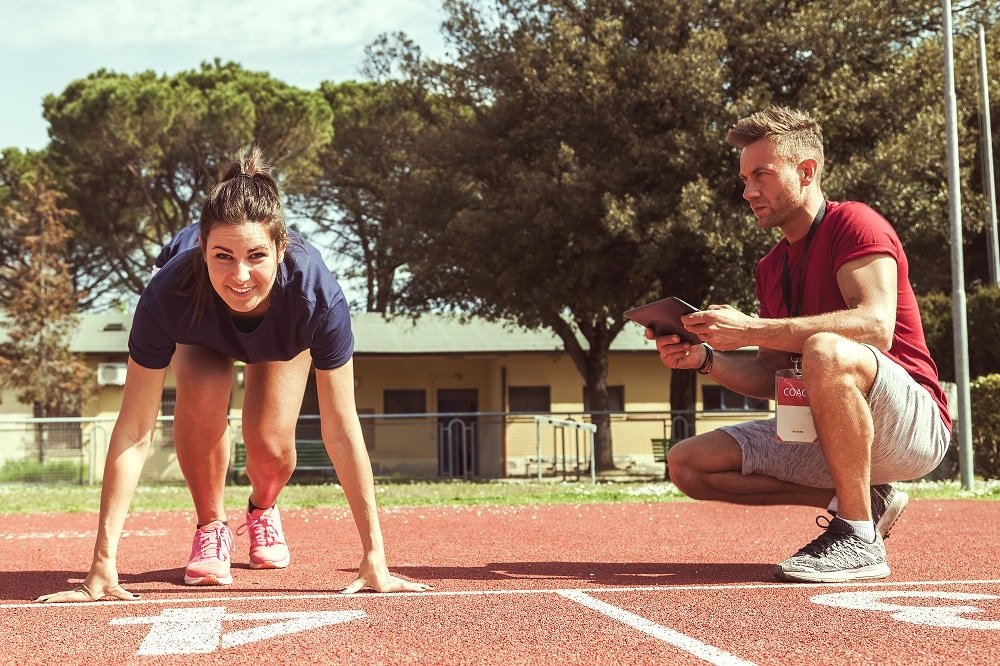Unlocking Athletic Excellence: Maximizing Performance and Potential

Achieving peak athletic performance is a journey that requires dedication, perseverance, and a multifaceted approach. Let’s explore some key strategies and techniques to help athletes unlock their full potential and excel in their respective sports:
Comprehensive Training Regimens:
- Structured Training Programs: Following a well-designed training program tailored to specific athletic goals is essential for optimizing performance.
- Varied Workouts: Incorporating a variety of exercises, including strength training, cardiovascular conditioning, agility drills, and flexibility exercises, helps develop a well-rounded skillset.It’s crucial for impeccable athletic performance.
- Progressive Overload: Gradually increasing the intensity, duration, or frequency of workouts challenges the body to adapt and improve over time.
- Cross-Training: Engaging in activities outside of one’s primary sport, such as swimming, cycling, or yoga, helps prevent overuse injuries and promotes overall fitness and athleticism.
Nutrition and Hydration:
- Balanced Diet: Consuming a balanced diet rich in carbohydrates, protein, healthy fats, vitamins, and minerals provides the energy and nutrients needed for optimal performance.
- Pre-Workout Fueling: Eating a balanced meal or snack containing carbohydrates and protein before exercise ensures adequate fueling for sustained energy and performance.
- Hydration: Staying adequately hydrated before, during, and after exercise is crucial for maintaining performance, regulating body temperature, and preventing dehydration and fatigue.
- Post-Workout Recovery: Consuming a combination of carbohydrates and protein within the first hour after exercise helps replenish glycogen stores, repair muscle tissue, and facilitate recovery.
Rest and Recovery:
- Quality Sleep: Getting enough high-quality sleep is vital for physical and mental recovery, hormone regulation, and overall well-being.
- Active Recovery: Incorporating light activities like walking, swimming, or gentle stretching on rest days promotes blood flow, reduces muscle soreness, and accelerates recovery.
- Rest Days: Scheduled rest days allow the body to recover, repair tissues, and replenish energy stores, reducing the risk of overuse injuries and burnout.
Mental Preparation and Sports Psychology:
- Visualization: Mental imagery and visualization techniques help athletes mentally rehearse their performance, build confidence, and enhance focus and concentration.
- Goal Setting: Setting specific, measurable, achievable, relevant, and time-bound (SMART) goals provides athletes with direction and motivation to strive for continuous improvement.
- Mindfulness and Stress Management: Practices like mindfulness meditation, deep breathing exercises, and positive self-talk help athletes stay calm, focused, and resilient under pressure.
Sports Performance Technology:
- Wearable Trackers: Devices like fitness trackers, heart rate monitors, and GPS watches provide real-time feedback on performance metrics, allowing athletes to track progress and make data-driven decisions.
- Biomechanical Analysis: Biomechanical assessments and motion analysis tools help identify movement inefficiencies, biomechanical imbalances, and areas for improvement in technique.
- Recovery Tools: Equipment such as foam rollers, massage guns, and compression garments aid in recovery by reducing muscle tension, improving circulation, and accelerating recovery.
Professional Support:
- Coaching and Mentorship: Working with experienced coaches and mentors provides athletes with guidance, feedback, and accountability to optimize their training and performance.
- Sports Medicine Professionals: Consulting with sports medicine doctors, physical therapists, and athletic trainers helps prevent injuries, rehabilitate injuries, and optimize biomechanics for optimal performance.
- Nutritionists and Dietitians: Collaborating with nutrition experts ensures athletes receive personalized dietary guidance and fueling strategies to support their training and performance goals.
Conclusion:
Unlocking athletic excellence requires a holistic approach that encompasses training, nutrition, recovery, mental preparation, technology, and professional support. By incorporating these strategies into their routines, athletes can unlock their full potential, achieve their goals, and excel in their respective sports. Remember, success is not just about winning competitions but also about continual growth, improvement, and enjoying the journey of becoming the best athlete you can be.






